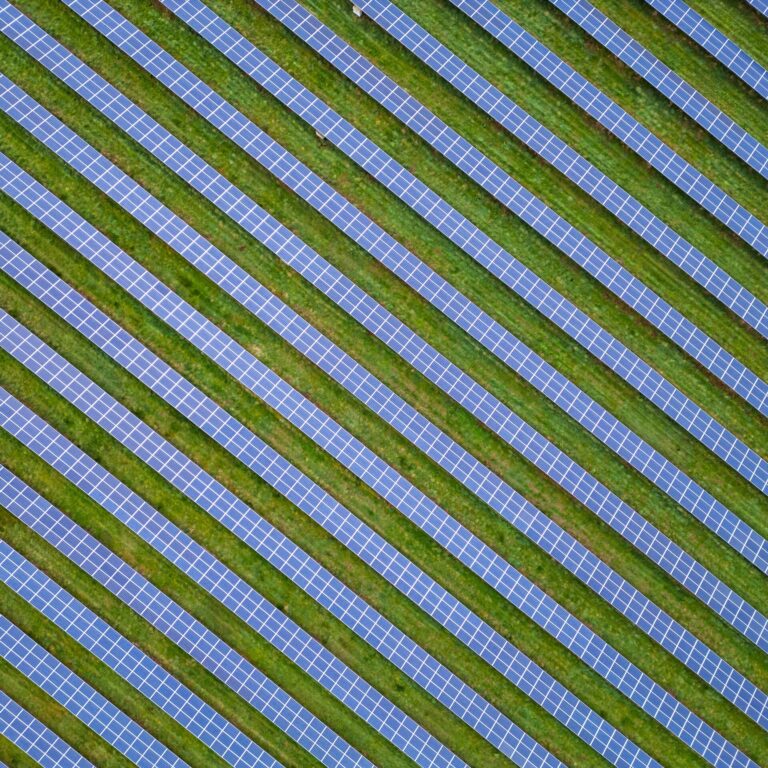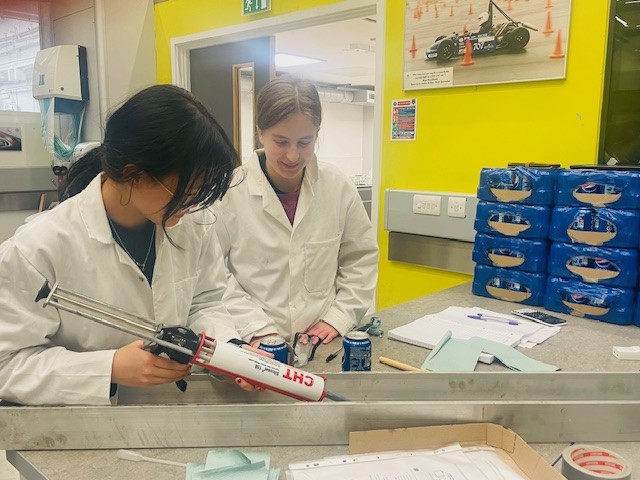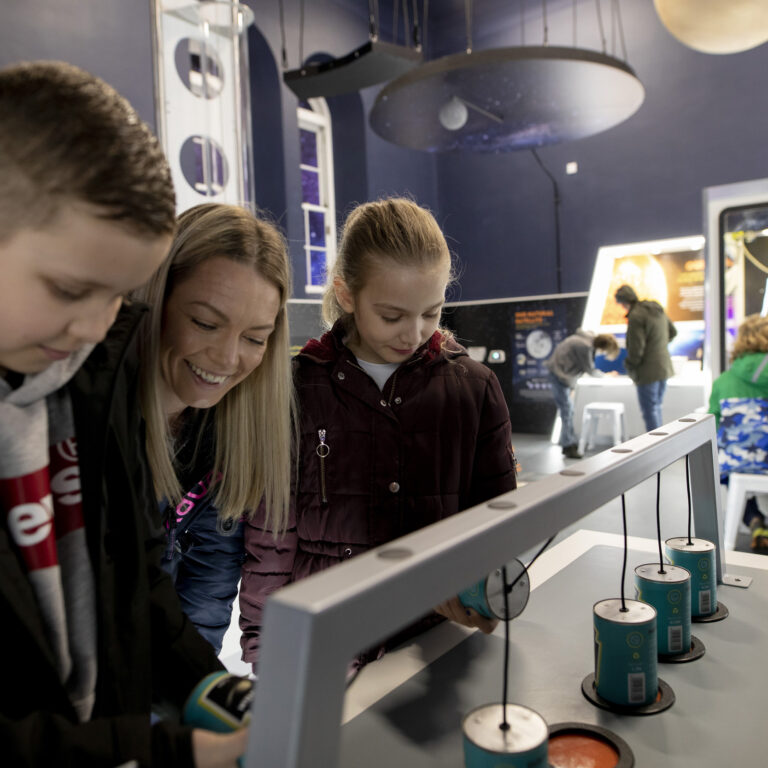The graduates have secured places on the scheme at Drax Group and will be based at Drax sites across the UK, including offices in Ipswich, Northampton and London, and Drax Power Station near Selby – the UK’s largest single site renewable power generator, which produces enough renewable electricity for five million homes.
The programme lasts two or three years, depending on each placement, and allows the participants to rotate around teams within their department in order to prepare them for the next stage of their career. The graduates have been placed across a range of departments including finance, trading and engineering depending on their training and career ambitions.
Karen McKeever, Drax Chief People Officer, said,
“We are delighted to be able to offer these placements to graduates across a range of our business areas because it’s essential to our success that we nurture and develop future talent. It’s also a very rewarding part of the work we do and we look forward to the moment each year when we can welcome new graduates who are keen to learn and contribute.”
Katie Marsh, who has joined as a Finance Graduate, said,
“I was interested in Drax because I felt passionate about being a part of making a difference and felt that Drax offered me the opportunity to do this. Consistently striving to make realistic positive changes for the future of the energy sector, I felt Drax’s values and goals aligned with my own as they not only recognised the problems that come with climate change but actively demonstrated how they were going to make a difference.”
Asif Latif, who has joined Drax as a Trading & Optimisation Analyst Graduate, said,
“My experience with Drax has been very welcoming. Working in a team that understands your strengths and helps develop your weaknesses is always something as a graduate you wish for. There is so much more to learn, and I am looking forward to completing my graduate scheme and developing myself to become an asset to the trading team.”
Lewis Easton, who has joined Drax as a Graduate Turbine Engineer, said,
“I enjoy knowing how and why things work. Working as a turbine engineer at Drax lets me work with seriously impressive technology alongside really talented engineers, so there will always be something for me to learn and opportunities to grow.”
There are 16 graduates beginning their careers at Drax Group this year, some of whom include:
- Asif Latif, University of Leeds, Trading & Optimisation Analyst Graduate
- Katie Marsh, University of York, Finance Graduate
- Lewis Easton, University of Leeds, Graduate Turbine Engineer
Drax already supports 17,800 direct and indirect jobs across the UK, 6,000 of which are in the North. The development of BECCS at Drax Power Station would see an additional 10,000 jobs created and supported during construction.
Drax is committed to supporting education and skills and runs a number of initiatives including work experience, tours of the power station and a long running apprenticeship scheme.
ENDS
Photo caption: Graduates attend their induction at Drax Power Station in Selby Yorkshire.
Media contact:
Sloan Woods
Media Manager
E: [email protected]
T: 07821 665493
About Drax
Drax Group’s purpose is to enable a zero carbon, lower cost energy future and in 2019 announced a world-leading ambition to be carbon negative by 2030, using bioenergy with carbon capture and storage (BECCS) technology.
Drax’s around 3,000 employees operate across three principal areas of activity – electricity generation, electricity sales to business customers and compressed wood pellet production and supply to third parties. For more information visit www.drax.com
Power generation:
Drax owns and operates a portfolio of renewable electricity generation assets in England and Scotland. The assets include the UK’s largest power station, based at Selby, North Yorkshire, which supplies five percent of the country’s electricity needs.
Having converted Drax Power Station to use sustainable biomass instead of coal it has become the UK’s biggest renewable power generator and the largest decarbonisation project in Europe. It is also where Drax is piloting the groundbreaking negative emissions technology BECCS within its CCUS (Carbon Capture Utilisation and Storage) Incubation Area.
Its pumped storage, hydro and energy from waste assets in Scotland include Cruachan Power Station – a flexible pumped storage facility within the hollowed-out mountain Ben Cruachan.
The Group also aims to build on its BECCS innovation at Drax Power Station with a target to deliver 4 million tonnes of negative CO2 emissions each year from new-build BECCS outside of the UK by 2030 and is currently developing models for North American and European markets.
Pellet production and supply:
The Group has 18 operational pellet plants and developments with nameplate production capacity of around 5 million tonnes a year.
Drax is targeting 8 million tonnes of production capacity by 2030, which will require the development of over 3 million tonnes of new biomass pellet production capacity. The pellets are produced using materials sourced from sustainably managed working forests and are supplied to third party customers in Europe and Asia for the generation of renewable power.
Drax’s pellet plants supply biomass used at its own power station in North Yorkshire, England to generate flexible, renewable power for the UK’s homes and businesses, and also to customers in Europe and Asia.
Customers:
Drax supplies renewable electricity to UK businesses, offering a range of energy-related services including energy optimisation, as well as electric vehicle strategy and management.
To find out more go to the website www.energy.drax.com


















